Zero Tolerance to FGM: Care, Evidence and Justice for Survivors
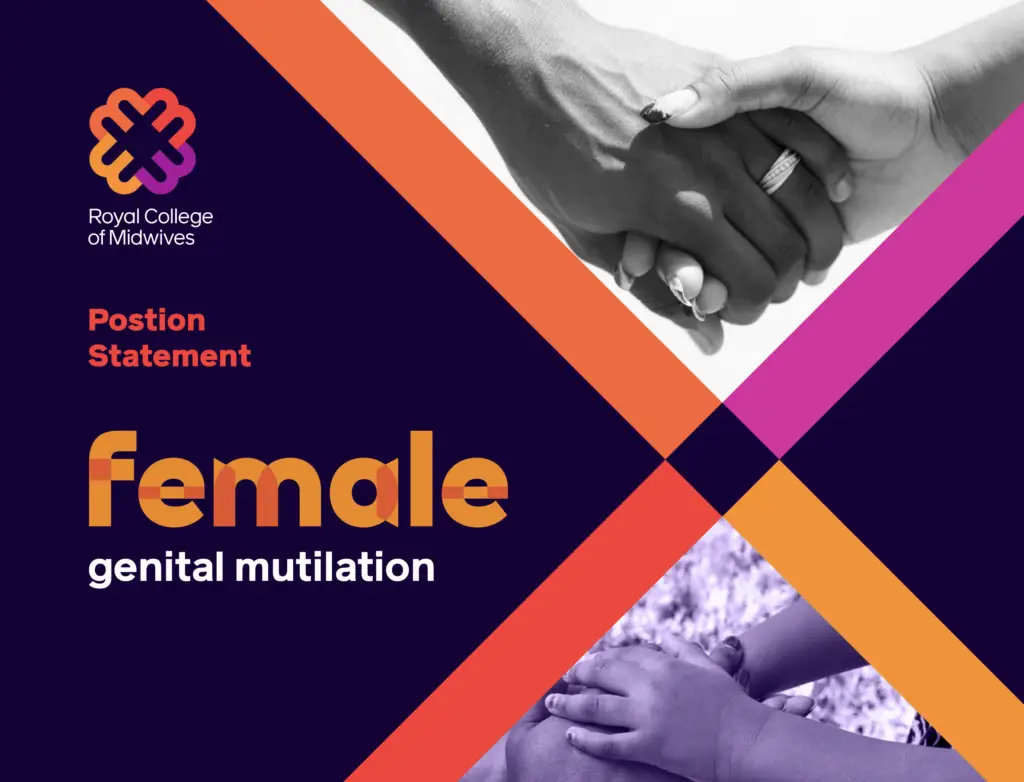
As we witness Zero Tolerance to Female Genital Mutilation (FGM) on 6 February, the Royal College of Midwives urges the UK government to ensure that all FGM survivors can access and receive the care, dignity and support they need and deserve. FGM is a serious human rights violation affecting more than 230 million women and […]
Female Genital Mutilation: Search Pack of the Month, February

February’s Search Pack of the Month commemorates the United Nations’ International Day of Zero Tolerance for Female Genital Mutilation. Today, February 6, marks the United Nations’ International Day of Zero Tolerance for Female Genital Mutilation (FGM). This day feeds into a global movement to reaffirm FGM as a serious human rights violation and to strengthen […]
Book Review – DEFY: the power of no in a world that demands yes
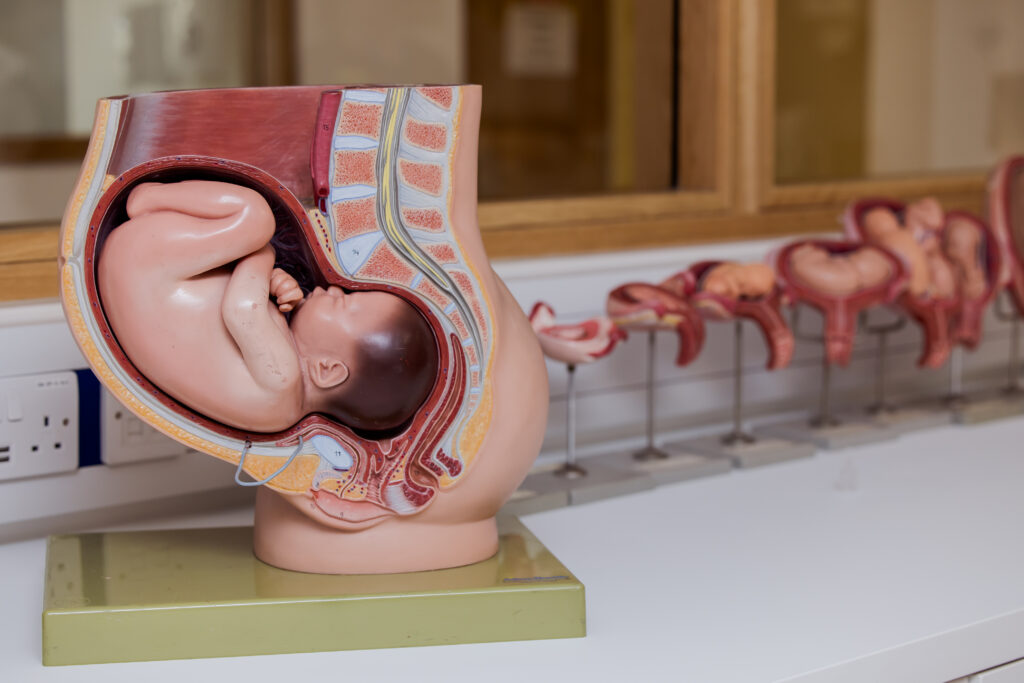
About the Author Gillian Meldrum was an NHS midwife for almost 40 years as a caseloading team midwife, then as practice development and infant feeding lead. She is now retired and an engaged member of the Association of Radical Midwives working to campaign for improvements on maternity experiences. Book Review – DEFY: The power of […]
“It felt empowering to share the realities members face” – my day at Parliament speaking about maternity care
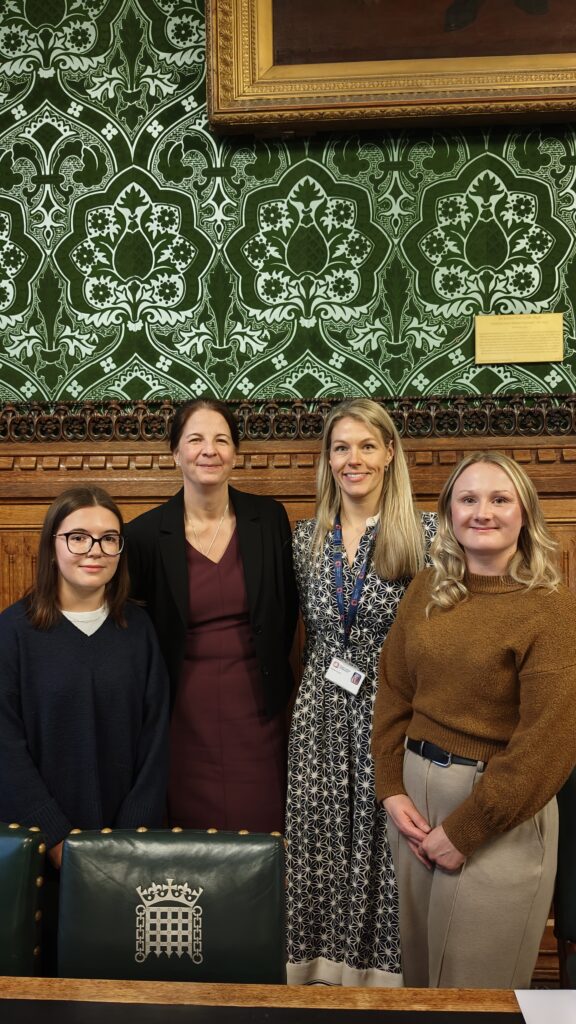
Lorna Forshaw, RCM Health and Safety Representative and frontline midwife (pictured far right), shares her experience of attending Parliament to speak about the urgent need for investment in maternity infrastructure. I was really daunted at first when my organiser Rae asked me if I was interested in speaking at Parliament. I’ve only ever been […]
“Everything changes when you read”: libraries and reading to support health and wellbeing

About the Author Clarisse Lima works at MIDIRS as an administrator, handling all of our customer service queries and subscriber logistics. She has an academic background in Heritage and worked for five years in public libraries as a Library Assistant and later as a Library Supervisor. “Everything changes when you read: libraries and reading to […]
When staffing isn’t safe, neither is care. Here’s why the RCM is launching our new campaign

Today, the Royal College of Midwives is launching its Safe Staffing = Safe Care campaign in England – demanding policymakers to take urgent action for women and babies. RCM Chief Executive Gill Walton outlines why we’ve launched the campaign and the five important actions from Government. All midwives remember that magical moment when you receive your PIN – and the first time you walk into a ward and into a clinic as a newly qualified midwife. I […]
What does the Scottish Budget mean for you and the families you care for?
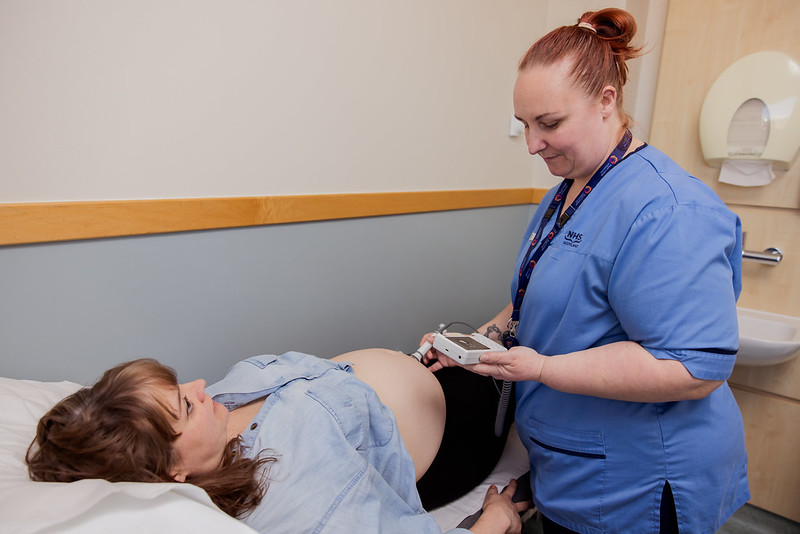
Every year the Scottish Government sets out how it will spend public money across Scotland. For those of us working in maternity services, this matters. It directly affects our pay, our staffing levels, the services we can deliver, and crucially the support available to the families we work with every day. As expected this is clearly an […]
Woman-Centred Care: Search Pack of the Month, January
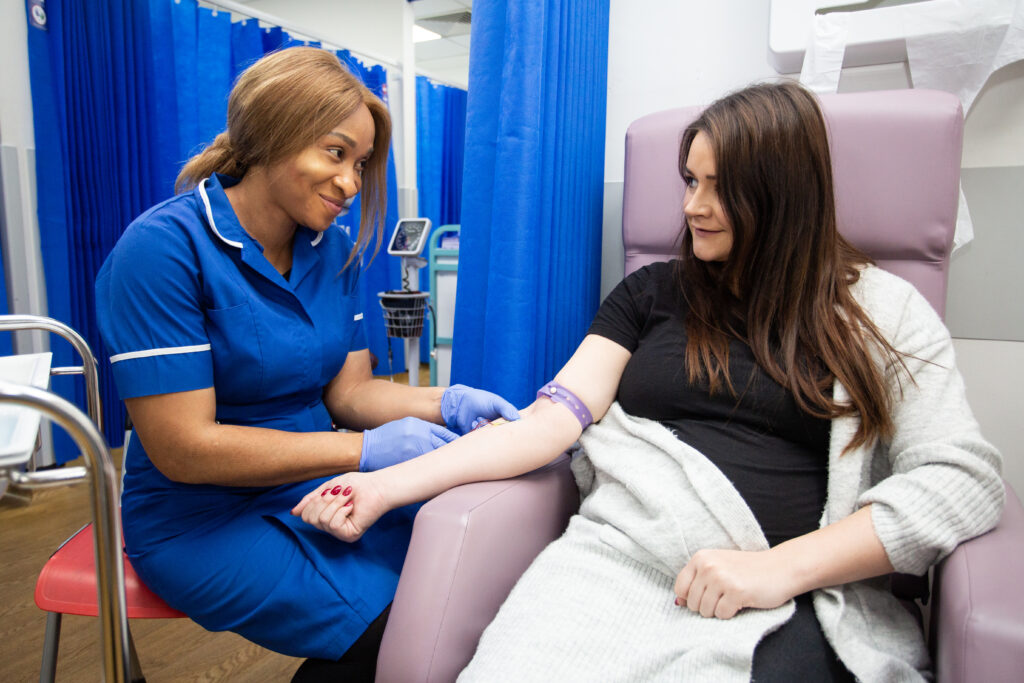
MIDIRS Search Pack of the Month for January aligns with the Royal College of Midwives’ top research priorities, as set out by last year’s Research Prioritisation Project. Please note: MIDIRS is committed to respecting all our subscribers, authors and maternity service users, most of whom are women and identify as women. The language we use […]
The importance of eating healthily during pregnancy for mum and baby

The importance of eating healthily during pregnancy for mum and baby can’t be understated. It’s often much easier said than done, though, and for some, compassionate support can be essential. At Slimming World, we’re proud to continue supporting mums-to-be and work in collaboration with the RCM to encourage healthy eating, active lifestyles and safe weight management […]
When workplaces are in crisis and workers are being damaged, it’s only trade unions that can make change
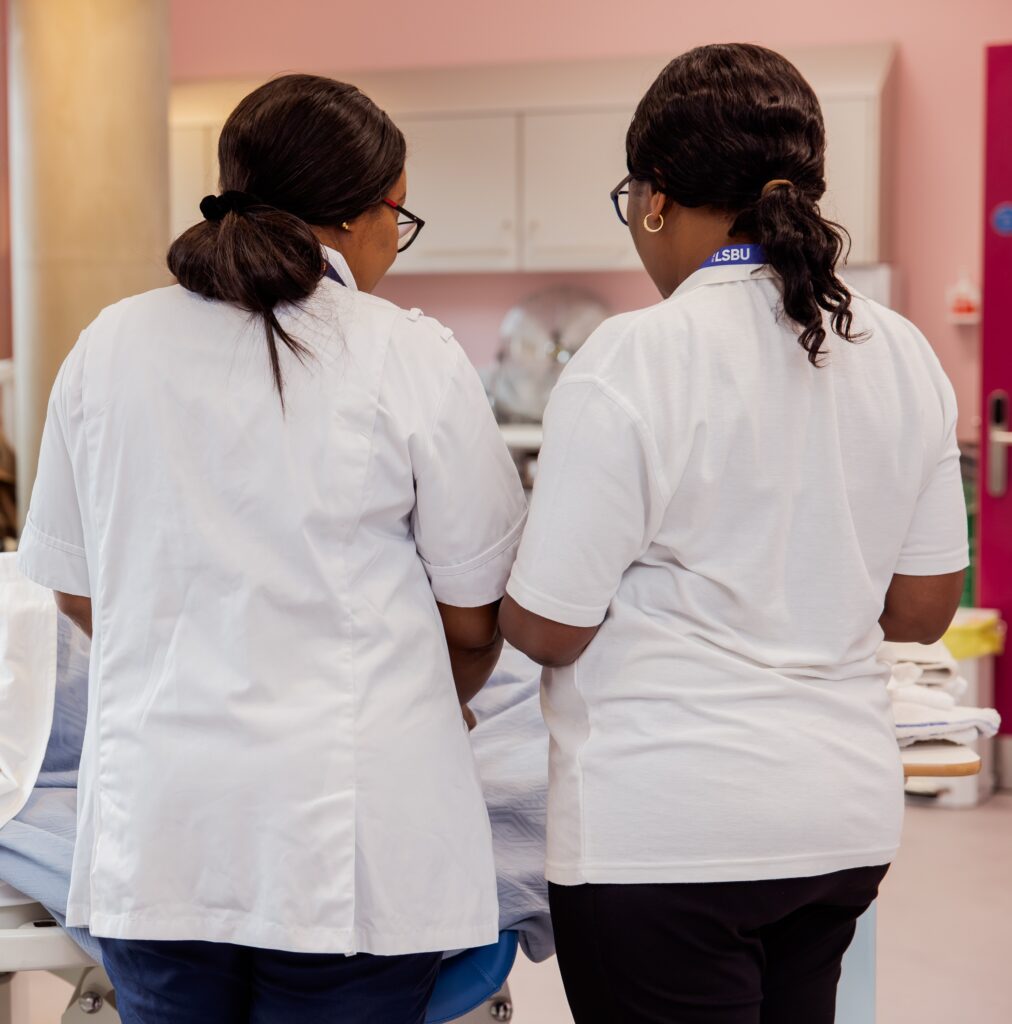
This is an historic day for working people across the UK and the RCM has been proud to stand alongside our fellow TUC unions in the long campaign to deliver real rights for working people, and to end the anti-trade union measures put in place to stop public sector workers taking industrial action when things […]
